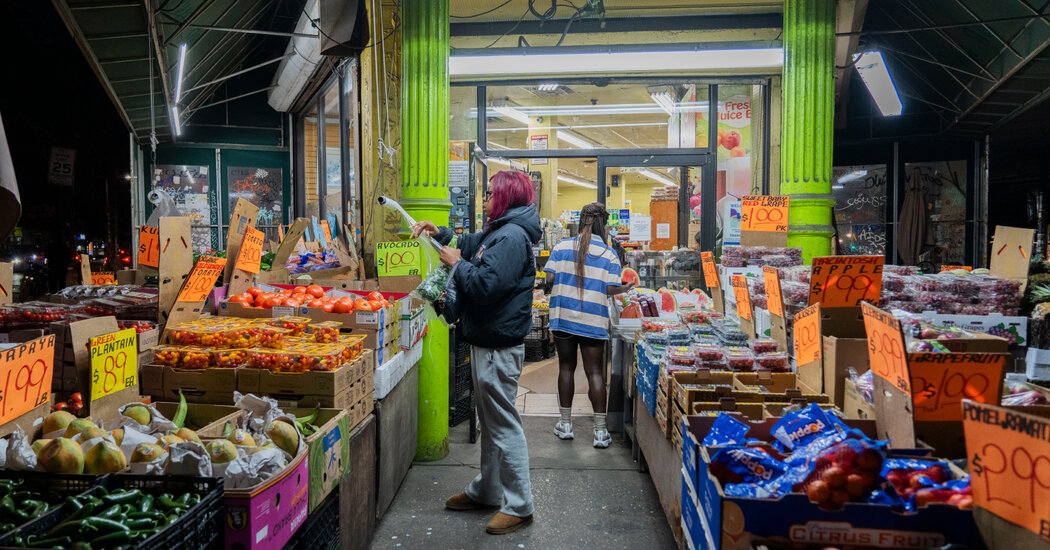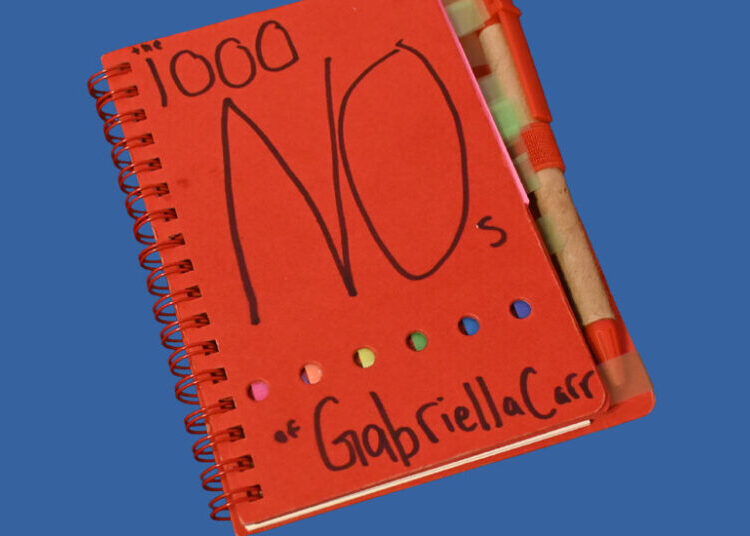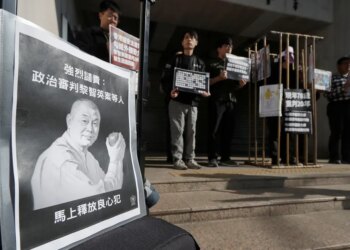
The Trump administration is preparing broad exemptions to certain tariffs in an effort to ease elevated food prices that have provoked anxiety for American consumers, according to three people briefed on the actions.
The change would apply to certain reciprocal tariffs the president announced in April, including on products coming from countries that have not struck trade deals with the administration, the people said, discussing a pending announcement on the condition of anonymity.
The exemptions are expected to include beef and citrus products, although the people cautioned that President Trump has not made a final decision. The issue of foreign countries increasing beef imports has been a source of contention among U.S. ranchers, who say it runs counter to Mr. Trump’s philosophy of boosting domestic production.
If the proposal goes forward, it would be the latest rollback of one of the president’s key economic policies over growing concerns about affordability, even as Mr. Trump has insisted — wrongly — that prices are down. Last week, Democrats won elections around the country in large part by harnessing worries about the cost of living.
The plan likely to take effect goes beyond the exemptions that Mr. Trump proposed in September in an executive order, which would have been confined to products that are not primarily made or grown in the United States, and which are purchased from countries with which the Trump administration has struck trade deals.
That order directed Howard Lutnick, the commerce secretary, and the U.S. trade representative, Jamieson Greer, to decide on exemptions for more than a thousand product categories, including metals and minerals, antibiotics, plane parts, and foreign agricultural products including coffee, pineapples, avocados and vanilla beans.
Mr. Lutnick has pushed for the series of exemptions on food items under consideration, citing high prices, according to two of the people briefed on the matter.
If the administration chooses to offer exemptions for products from countries that have not entered into trade agreements with the United States, that could risk appearing to reward countries that did not try to work with the administration.
The White House did not confirm the specifics of the proposal. Kush Desai, a White House spokesman, said in a statement that “the Trump administration is committed to pursuing a nimble, nuanced, and multifaceted strategy on trade and tariffs.”
Officials at the Office of the U.S. Trade Representative and the Department of Commerce declined to comment.
The executive order the administration issued in September specified that such exemptions would apply to tariffs set through the trade agreements the Trump administration has negotiated with other governments, a list that includes the European Union, the United Kingdom, Japan, South Korea, Indonesia, Malaysia and a few other nations.
On Thursday, the Trump administration announced four more trade deals, with Argentina, Guatemala, El Salvador and Ecuador. Mr. Trump imposed double-digit tariffs on countries globally in April, but has reduced those levies for governments that strike trade deals.
Scott Bessent, the Treasury secretary, said on Fox News Wednesday that the administration would be making “substantial” announcements about tariff exemptions over the next few days, saying that they would target “things we don’t grow here.”
He named coffee, bananas and other fruits. “So that will bring the prices down very quickly,” he said.
The administration’s push to try to reduce food prices comes after Democrats won key elections in last week’s off-year elections with candidates that focused heavily on affordability and a promise to bring down costs. Democrats won governor’s races in Virginia and New Jersey by wide margins, and they won statewide races in Pennsylvaniaand Georgia. The day after the election, Vice President JD Vance posted on social media that Republicans need “to focus on the home front.”
“We’re going to keep on working to make a decent life affordable in this country, and that’s the metric by which we’ll ultimately be judged in 2026 and beyond,” Mr. Vance wrote on X.
Even before the elections, administration officials have been concerned about high prices at American grocery stores, which have worsened the president’s approval rating.
Food prices have risen significantly this year, including for coffee and beef, government data has shown. Coffee prices were up nearly 19 percent for the year in September, the most recent month of data available. A gauge of consumer confidence hit near-record lows this month, weighed down in part by concerns over tariffs.
But not everyone in the administration agrees that such broad exemptions from tariffs are wise. Exemptions could further rankle ranchers and farmers who are a powerful political bloc for the Trump administration. In recent weeks, Mr. Trump clashed with American ranchers over a plan to buy more beef from Argentina, currently a tiny source of U.S. imports, in a move the president said would lower domestic prices.
It’s also not clear how much of an effect the tariff exemptions would have on U.S. prices. Many agricultural products imported into the United States come from Canada or Mexico, which already have significant exemptions to tariffs under the trade agreement the United States shares with those countries.
The new trade agreements announced on Thursday, with Argentina, Guatemala, El Salvador and Ecuador, will open up those markets to U.S. exports, secure access to critical minerals and enshrine new rules for intellectual property and the tech industry, the administration said.
An administration official who briefed reporters said the deals would leave U.S. tariffs on Ecuador at 15 percent, and the remaining three countries at 10 percent, though some goods that aren’t produced in the U.S. will be tariff free.
The official said the administration expected to see a positive effect on prices from exemptions on items like coffee, cocoa and bananas, and that the measure was a “common-sense” approach to trade policy that would still protect domestic producers.
Ana Swanson covers trade and international economics for The Times and is based in Washington. She has been a journalist for more than a decade.
The post Trump Administration Prepares Tariff Exemptions in Bid to Lower Food Prices appeared first on New York Times.



